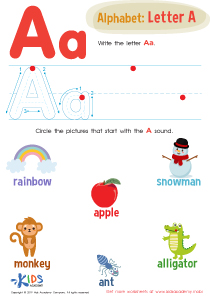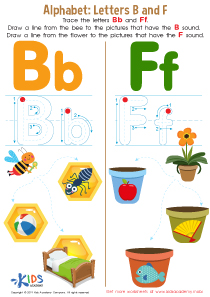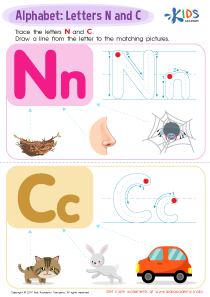Letter D Worksheets for 4-Year-Olds
3 filtered results
-
From - To
Dive into the world of letters with our enchanting collection of "Letter D Worksheets for 4-Year-Olds." Specially designed to captivate and educate, this selection of worksheets promises a delightful journey into learning for your little ones. Through a series of fun-filled and engaging activities, children will explore the wonders of the letter D, enhancing their letter recognition, phonics, and writing skills. Perfectly suited for 4-year-olds, each worksheet is crafted with young learners in mind, ensuring a perfect blend of education and entertainment. Embark on this exciting educational adventure and watch your child discover the joy of learning with our Letter D worksheets.
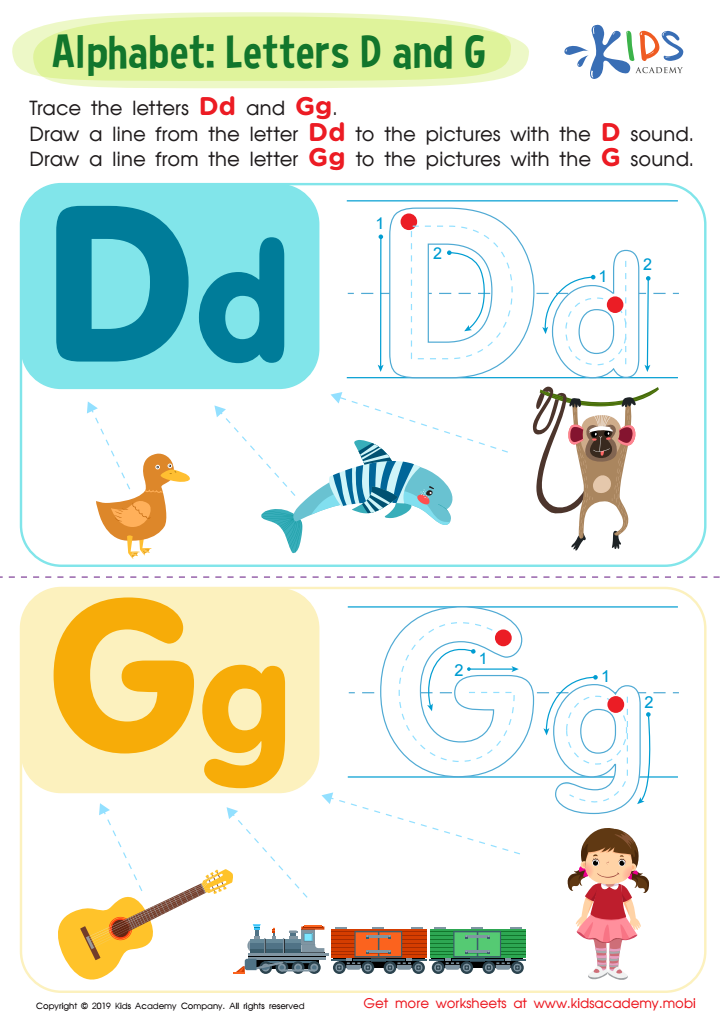

Letter D and G Tracing Worksheet
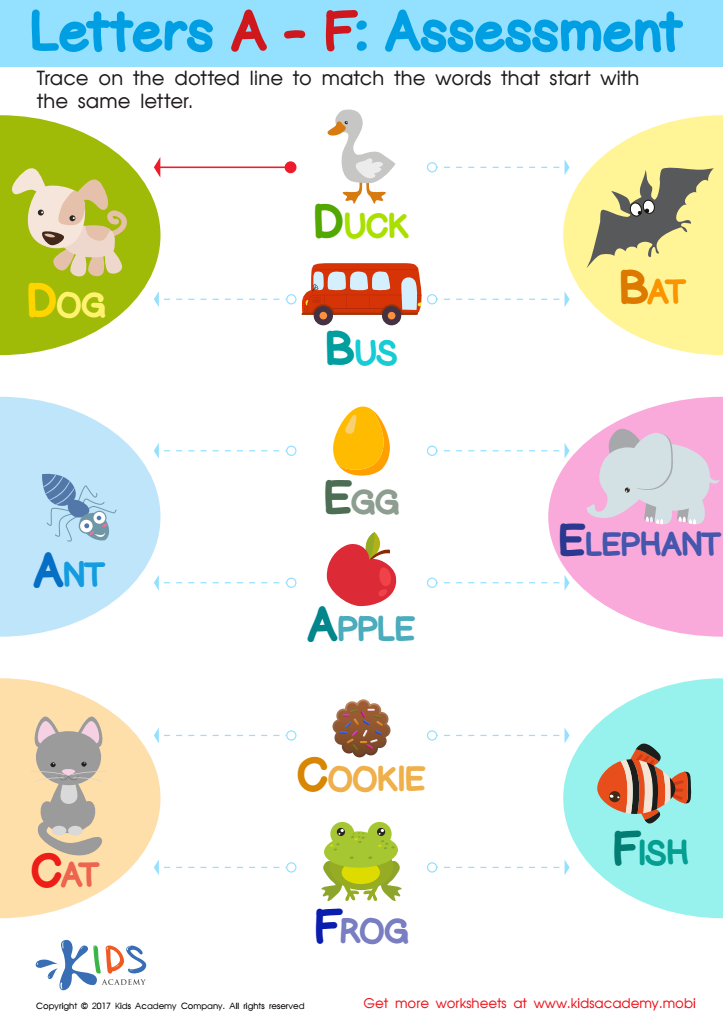

Letters A - F Worksheet
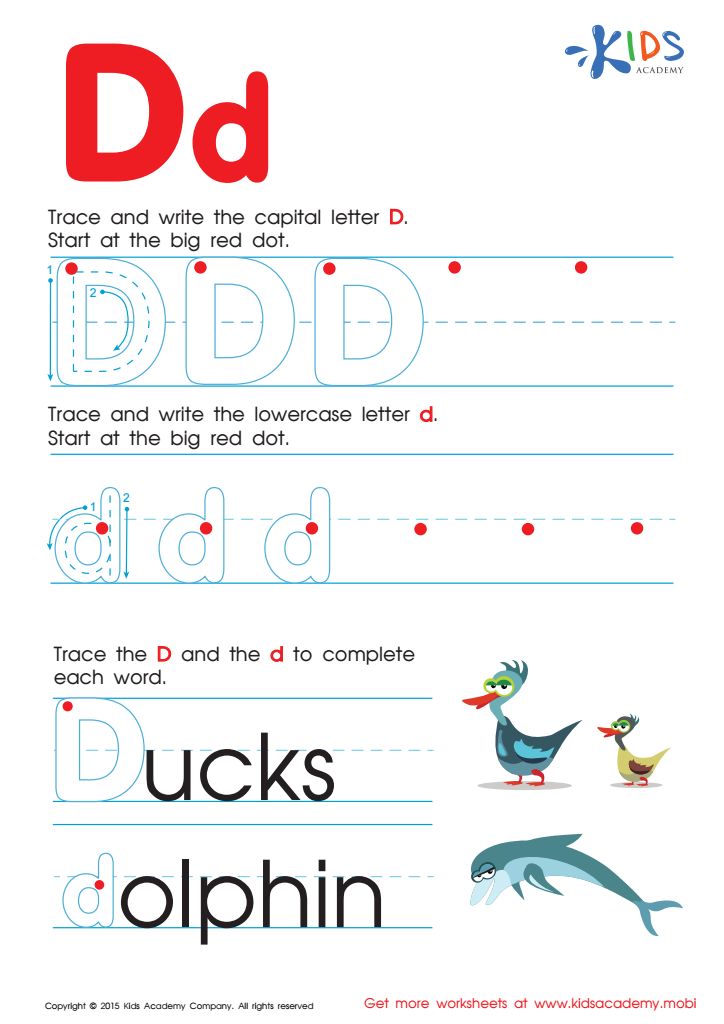

Letter D Tracing Page
Worksheets on Letter D are an invaluable resource for 4-year-olds as they embark on their literacy journey. These materials are meticulously designed to captivate young minds and introduce them to the world of letters in a fun and engaging way. Focusing specifically on the Letter D, these worksheets serve multiple educational purposes that go beyond simply recognizing and writing the letter.
Firstly, Letter D worksheets for 4-year-olds are instrumental in enhancing fine motor skills. As children trace, write, and color letters, they refine their pencil grip and control, laying a solid foundation for future writing tasks. Additionally, these worksheets are a gateway to expanding vocabulary. Through various activities that include the Letter D, children are introduced to new words, helping them build their language skills in a meaningful context.
Moreover, these worksheets foster phonemic awareness, a critical component of reading skills. By focusing on the sound of the Letter D, children begin to understand how letters represent sounds, a fundamental concept in phonics. This early exposure to sound-letter correspondence is crucial for developing proficient reading skills.
In summary, Letter D worksheets for 4-year-olds are more than just practice sheets; they are a comprehensive tool that supports handwriting development, vocabulary expansion, and phonemic awareness, making them a key element in early childhood education.

 Assign to My Students
Assign to My Students









